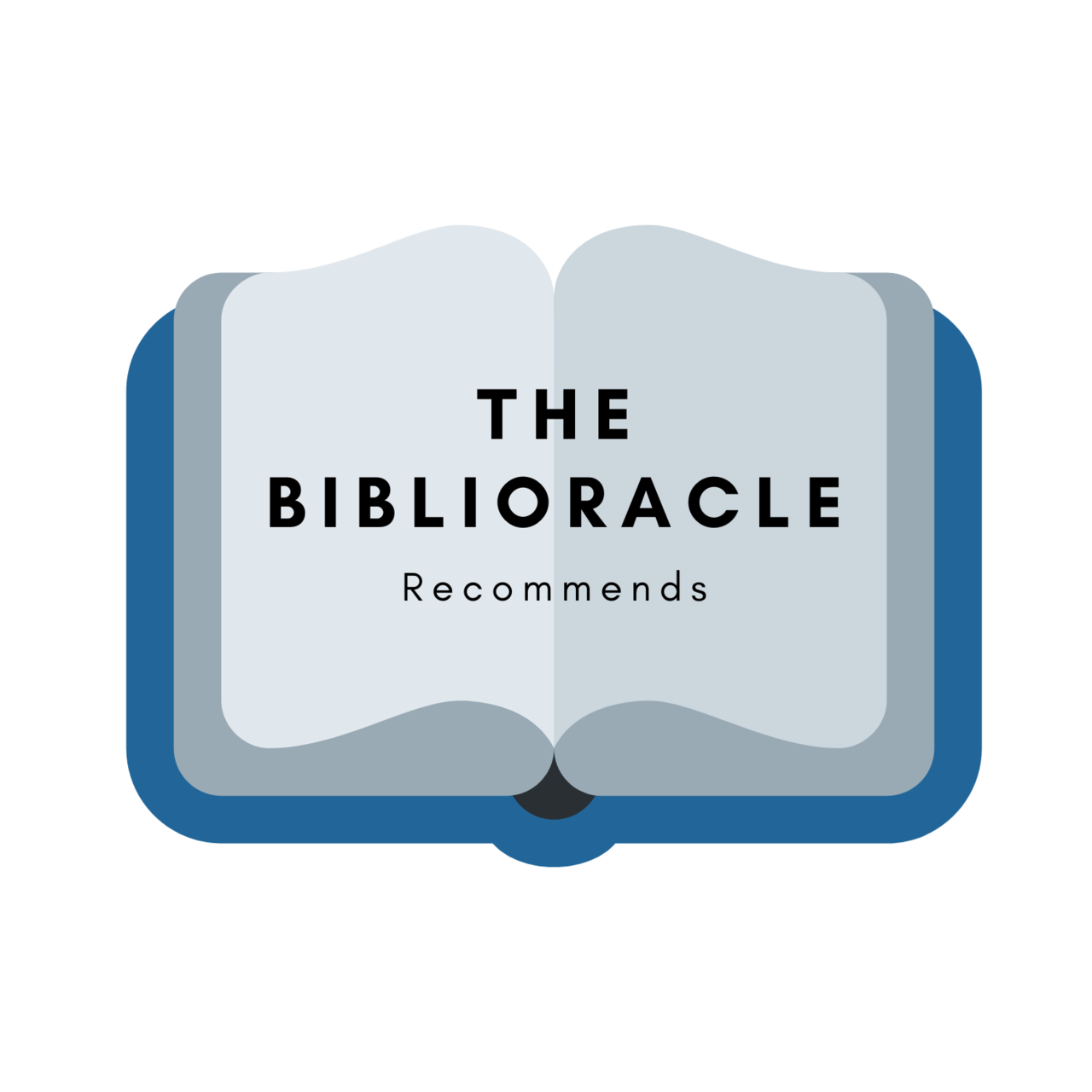This week, we interviewed John Warner, who writes The Biblioracle Recommends, a publication that explores books and reading with personalized weekly recommendations from the “oracle.”
This interview has been lightly edited for length and clarity.
What’s your Substack about in one sentence?
The Biblioracle Recommends is an online adjunct to my weekly column in the Chicago Tribune about books and the life of reading, which features my recommendations based on the last five books someone has read.
What’s your process for making the perfect book recommendation?
I pretend that I have a deep cosmic connection with the deities of reading that, once summoned, deliver the perfect reading recommendation. This is the “oracle” part of the Biblioracle. In truth, as I wrote in an old column, I’m looking at what people have chosen to read for themselves as a way to gauge their tastes and interests and then simply matching them to a book I’ve read that I think is good. It’s a bit of a parlor trick. I don’t ask for people’s favorite books of all time because I don’t want them weighing my recommendation against that standard. I just need to be in the ballpark of the books they’ve been reading. So the key is to just read a lot of books, which is something I’m always doing anyway.
What are some trends you’ve noticed in the book recommendation requests that you’ve gotten this year?
There was a period where lots of books covering what happened during the Trump administration were showing up in people’s lists, but that has ceased almost entirely. Mostly I notice when a particular book or author shows up frequently, and that’s when I know that there’s some huge word of mouth going on. Amor Towles is a consistently reliable favorite, and Matt Haig’s The Midnight Library shows up just about every week.
You’re a self-described “unrepentant book abandoner.” At what point should a reader jump ship if they’re just not into a book?
Honestly, there is no wrong time to abandon a book. I tend to recommend that you give a book a chance and not toss it aside after a couple of pages, but if you’re not feeling it, if the book isn’t delivering something you’re seeking, put it aside. I’ve abandoned books fewer than 20 pages from the end, which some people think is bonkers, but no regrets! And sometimes putting aside a book in one moment means you may come back to it later in a different frame of mind, as a different person, and see it totally differently. Reading is a relationship between the book and the reader where the reader has unilateral power to terminate and do so without guilt or recrimination. Why not take advantage of that power when the need strikes?
Read John’s post about (almost) abandoning a book mid-read.
We’re entering “best books of the year” season. What do you think of all those year-end lists—and do you have any recommendations of your own?
As I say in my annual Biblioracle Books of the Year column, I am wary of lists that declare something the best that are selected out of a vanishingly small subset of the total universe of things that could be eligible. Most books in a given year make little mark on the world, so the “best” books come from a relatively privileged bunch. This is why my awards have titles like “Emotionally Wrenching Novel of the Year.” My full list for 2021 is yet to come, but in my mid-year notices the winner of that award was a tie between Infinite Country by Patricia Engel and The Night Always Comes by Willy Vlautin. The full mid-year list is here.
What, if anything, has surprised you about writing your Substack?
I started the newsletter for a few reasons: I wanted a lifeboat in case my newspaper column becomes a casualty of budget cuts. I wanted some space to write beyond the 600 words I’m allotted weekly. I also wanted to be able to interact more with readers, so while I shouldn’t be surprised by how much I’ve enjoyed that aspect, the benefits have been far greater than I would’ve figured. Having direct access to interesting people who share my interests has been a real boon to my writing about books and reading.
Who’s another Substack writer you’d recommend?
Is this where I confess that I’m subscribed to more than 20 other Substacks, which makes it very hard to choose? As a reader and a writer, I really enjoy Lincoln Michel’s Counter Craft, which gets underneath common discussions around the writing and publishing of books in a way that is illuminating for both writers and non-writers. I also have to mention Anne Trubek’s Notes from a Small Press, written from her perspective as the founder and operator of Belt Publishing.
Subscribe to John’s publication, The Biblioracle Recommends, and find him on Twitter. You can read more of his writing on his other Substack, Educational Endeavors.



